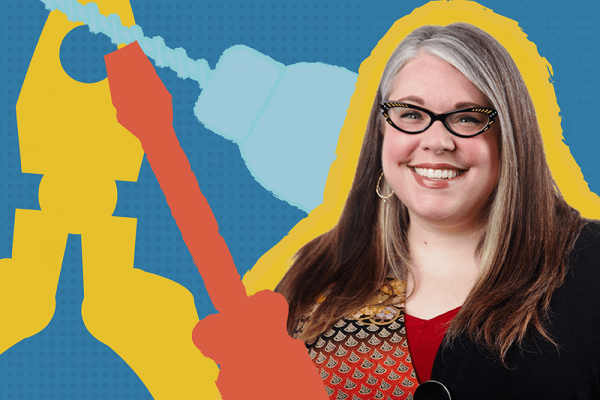Aug 20, 2024
Travel back in time with me to the early 2000s: Celebrities were openly fat-shamed in tabloids, and supermarkets were overrun by all things “low” — low-calorie, low-fat, low-carb, low-sodium, or low-sugar. Diets like Atkins, paleo, keto, raw foods, and juice cleanses abounded. TV shows like “The Biggest Loser” and “My 600-lb Life” were used to paint fat people as lazy, undisciplined, and disgusting.
Read the Full Article

Already a subscriber? Login
